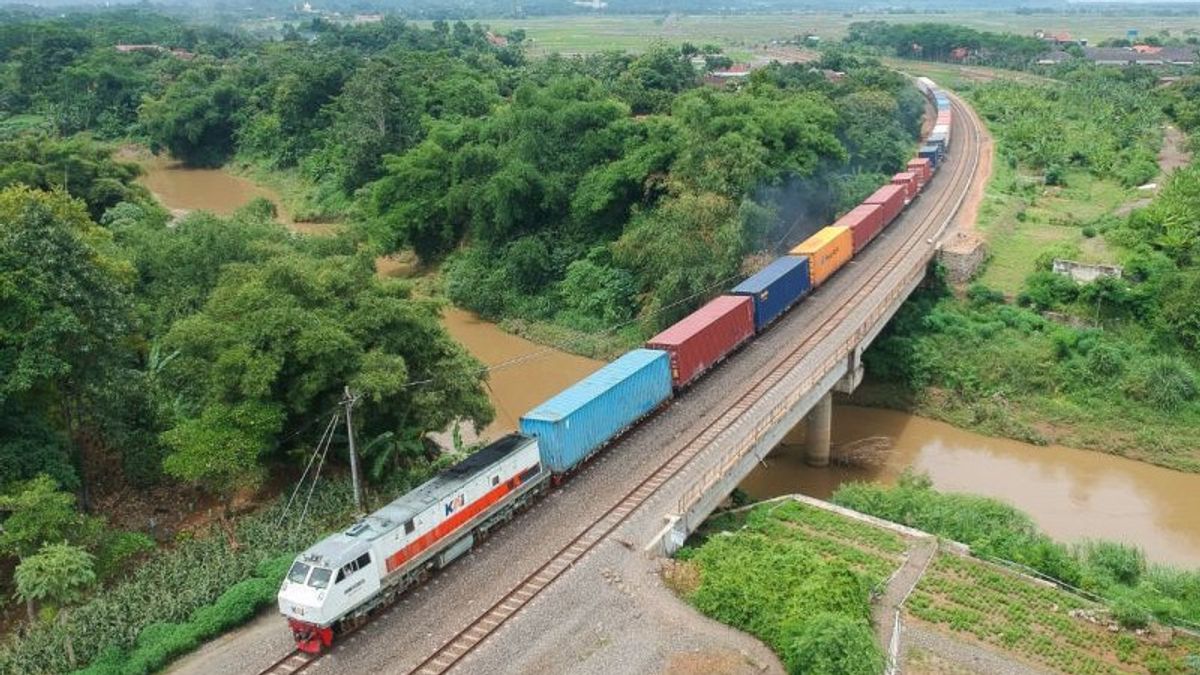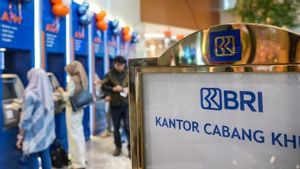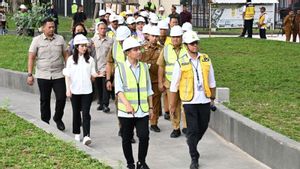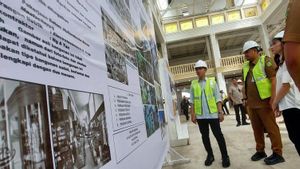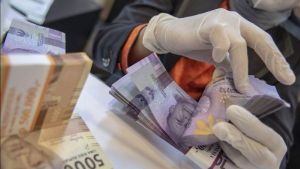JAKARTA - PT Kereta Api Indonesia (Persero) recorded the performance of freight transportation in the first semester of 2022 reaching 26.7 million tons.
This figure is up 15 percent compared to Semester I 2021 which only reached 23.2 million tons of goods.
"The improvement in the performance of KAI's freight transportation in Semester I 2022 shows that rail freight services are increasingly reliable and have bright prospects in the future," said KAI VP of Public Relations Joni Martinus as quoted by ANTARA, Monday, August 1.
Joni said that KAI's freight transportation in Semester I 2022 was dominated by coal transportation of 20.6 million tons or 77.2 percent of KAI's total freight transportation.
Coal transportation also experienced the largest increase in volume compared to other commodities, which was 3 million tons in the first semester of 2022, an increase of 17 percent compared to the previous period.
He revealed that coal transportation is still KAI's mainstay in freight transportation, where KAI also plays a role in the 35,000 MW National Strategic Project by transporting coal as the main fuel for PLN's electricity infrastructure.
Joni said, a very significant increase also occurred in the discounted delivery goods commodity.
In Semester I 2022, KAI transported 85,231 tons of goods, an increase of 129 percent compared to Semester I 2021 where KAI transported 65,900 tons of goods.
"An increase in retail transportation like this shows that the economy in the community has started to recover after being affected by the pandemic, so the need for shipping goods is getting higher," he said.
In general, various commodities that KAI transports, such as containers, cement, fuel, CPO, pulp, and others have increased in volume of transportation.
He emphasized that KAI will continue to innovate so that it can serve transportation of other commodities according to customer demand.
Rail is one of the main means of transportation used as a means of transporting finished goods and basic materials for various industries including coal, trade, manufacturing, and various other industries that contribute to the country's economy.
Through the goods transportation sector, KAI contributes in distributing national logistics in the form of transportation of food, agriculture, and MSME products.
In addition, the transportation of goods by train also increases the trade balance of export goods because some of the goods transported by KAI are exported goods.
One of the advantages of transporting goods by rail is that it helps reduce the burden on road infrastructure, so that road infrastructure maintenance costs become more efficient.
Rail transportation is also expected to reduce other external impacts such as congestion and pollution, as well as increase global competitiveness.
"In the future, KAI will optimize freight transportation by continuing to research the potential for freight transportation, collaborating and cooperating with new partners, as well as engineering operation patterns," concluded Joni.
The English, Chinese, Japanese, Arabic, and French versions are automatically generated by the AI. So there may still be inaccuracies in translating, please always see Indonesian as our main language. (system supported by DigitalSiber.id)
